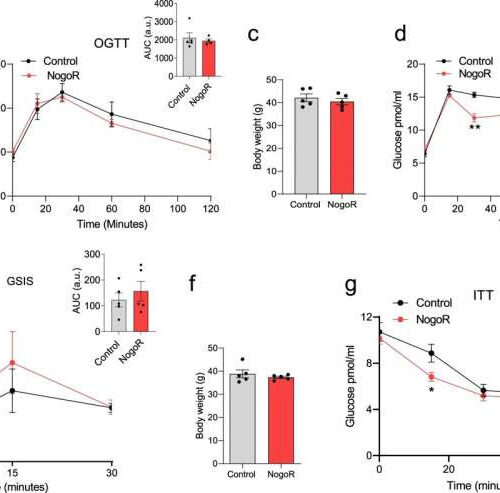Today, software testing plays a crucial role in the development of IT products. Software development goes through this process to check its quality and functionality. We will answer five questions about software testing that many customers are afraid to ask. 1. Should I test every application or software? Yes, any product or software should be...
Vulvovaginal symptoms common during penicillin course, finds research
by University of Gothenburg Chemical structure of Penicillin G. The sulfur and nitrogen of the five-membered thiazolidine ring are shown in yellow and blue respectively. The image shows that the thiazolidine ring and fused four-membered β-lactam are not in the same plane. Credit: Public Domain Markedly often, women who take penicillin for strep throat suffer from...
Parkinson’s AI proves accuracy in clinical studies
by PD Neurotechnology The PDMonitor® ecosystem. Credit: Frontiers in Neurology (2023). DOI: 10.3389/fneur.2023.1080752 The results of a multi-site clinical study analyzing the performance of PDMonitor, a pioneering Parkinson’s Disease monitoring device from PD Neurotechnology that uses wearables and Artificial Intelligence (AI) to track and assess symptoms, have been published in Frontiers in Neurology. The study compared PDMonitor’s automated assessments of...
Biomarkers for the progression of type 2 diabetes identified
by University of Montreal NogoR enhances glucose clearance and insulin sensitivity in HFD mice. Two separate cohorts of wild-type male C57BL/6 J mice were maintained on a high-fat diet for 6 weeks, then injected for 14 consecutive days with saline or 100 ng (2.1 pmol/animal) recombinant NogoR. a, b Body weights of cohort one and circulating glucose levels during an oral glucose...
WHAT HAPPENS WHEN NEWER WEIGHT LOSS MEDS ARE STOPPED?
The prevalence of obesity is rapidly rising across the globe; within the United States alone, more than one third of adults are living with this chronic disease. Several anti-obesity medications are approved for the treatment of obesity and should be used in conjunction with lifestyle modification. Depending on the proportion of weight loss achieved, improvements...
New blood biomarker can predict if cognitively healthy elderly will develop Alzheimer’s disease
by University of Pittsburgh Credit: Pixabay/CC0 Public Domain Why do some people develop Alzheimer’s disease while others don’t? And, even more puzzlingly, why do many individuals whose brains are chock-full of toxic amyloid aggregates—a telltale sign of Alzheimer’s brain pathology—never go on to develop Alzheimer’s-associated dementias? University of Pittsburgh School of Medicine researchers appear to have...
Rhythmically stimulating the brain with electrical currents could boost cognitive function, according to analysis of over 100 studies
Published Author Shrey GroverPh.D. Candidate in Psychological and Brain Sciences, Boston University Disclosure statement This work was supported by grants from the National Institutes of Health (R01-MH114877; R01-AG063775) and a gift from an individual philanthropist, all to Robert M. G. Reinhart, Ph.D., Associate Professor at the Department of Psychological and Brain Sciences, Boston University. Figuring...
High Dose Vitamin D and MS Relapse: New Phase 3 Data
Eve Bender High-dose vitamin D in patients with relapsing, remitting multiple sclerosis (RRMS) does not prevent relapse, results from a randomized control trial show. However, at least one expert believes the study’s exclusion criteria may have been too broad. Dr Ellen Mowry The investigation of vitamin D to prevent relapse of MS is based on older observational studies of...
Super low-cost smartphone attachment brings blood pressure monitoring to your fingertips
by University of California – San Diego Prototype of the blood pressure monitoring clip. The user presses on the clip and a custom smartphone app guides the user on how hard and long to press during the measurement. Credit: Digital Health Lab / UC San Diego Engineers at the University of California San Diego have developed...
Autism research ‘breakthrough’ discovered in rodent models by Hebrew University researchers
Story by By JUDY SIEGEL-ITZKOVICH • Tuesday A brain (Illustrative)© (photo credit: Amel Uzunovic/Pexels) Adirect connection between levels in the brain of nitric oxide (NO) – a colorless, odorless and non-flammable gas — has been found for the first time in mouse models with autism spectrum disorder (ASD). This breakthrough has just been published by researchers at the Hebrew...





